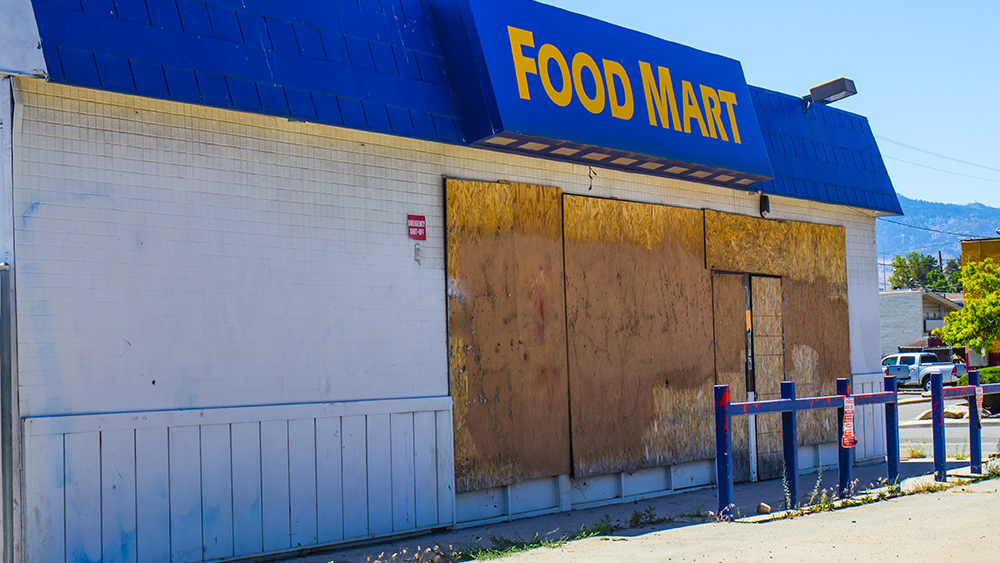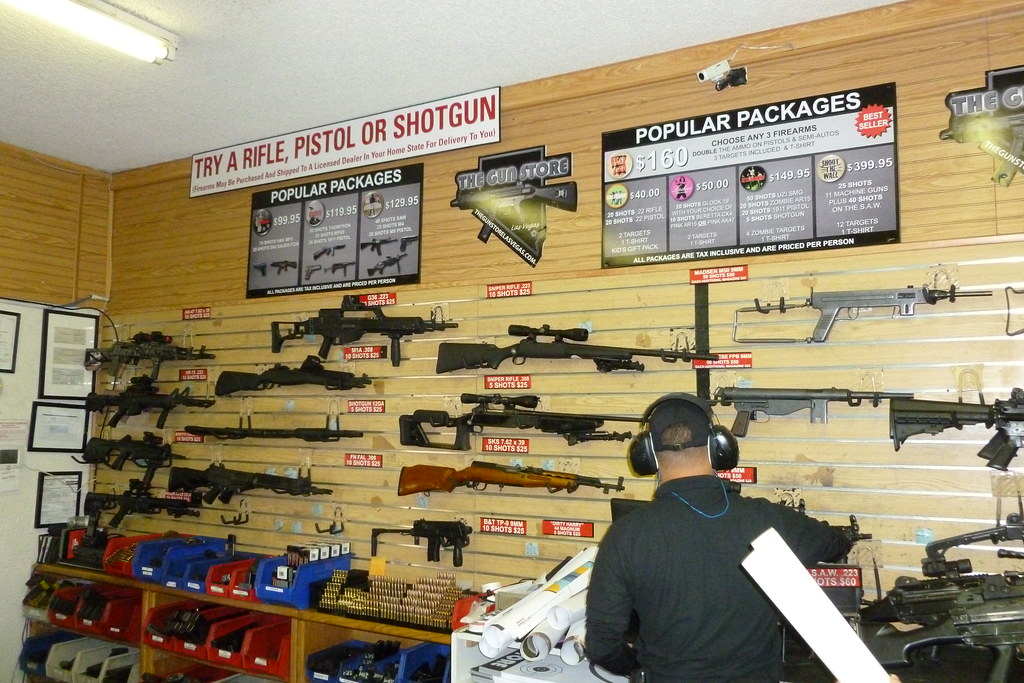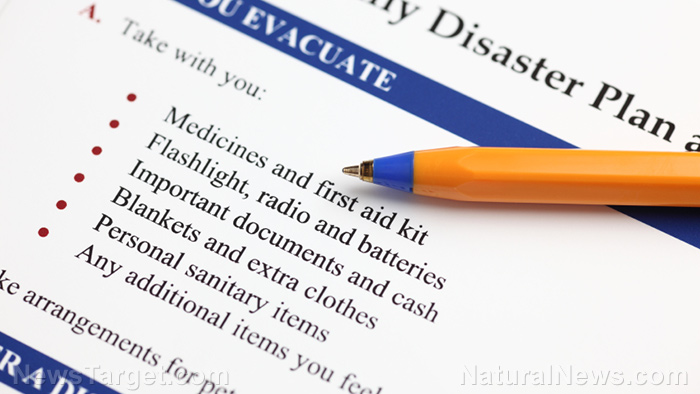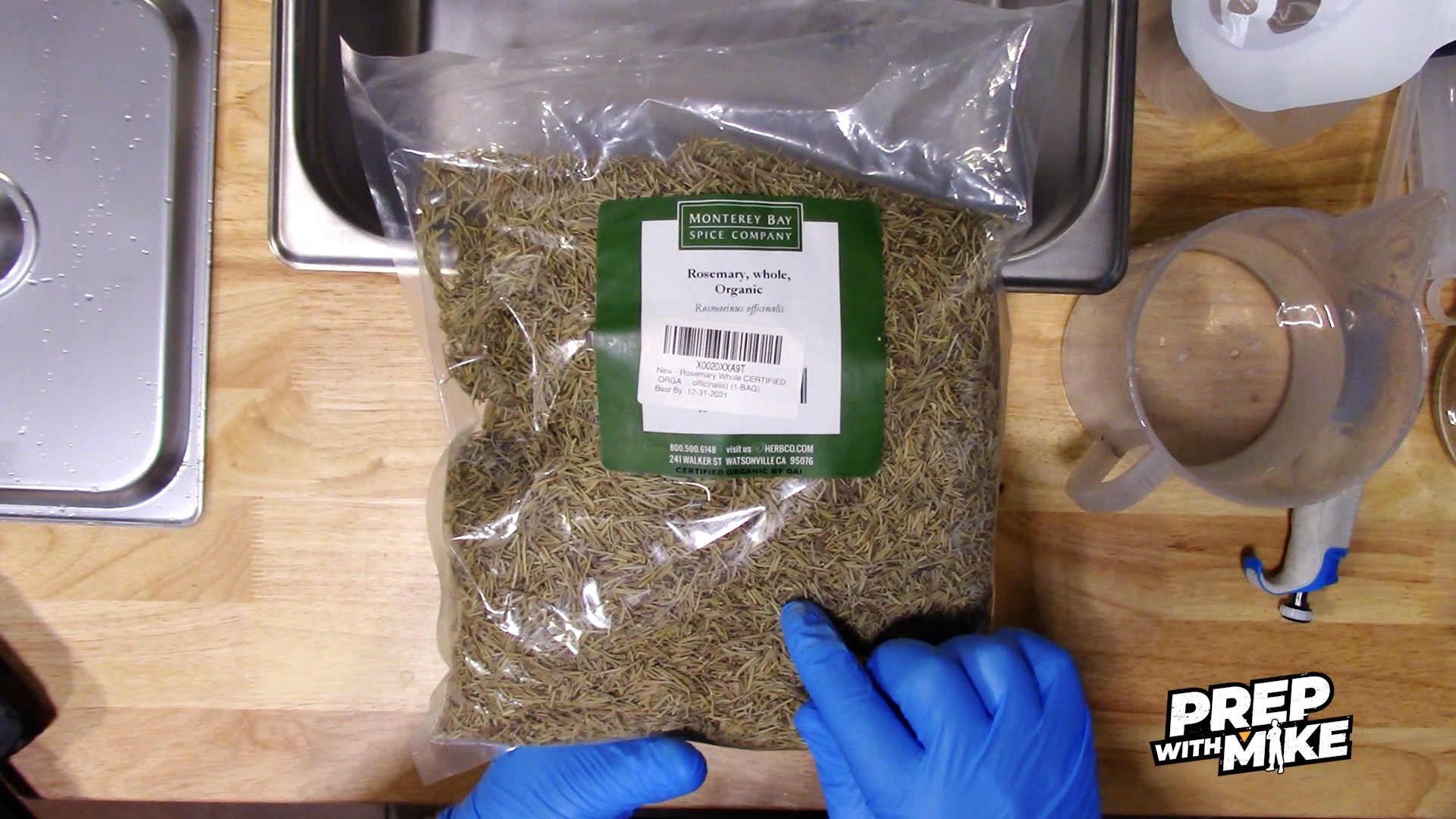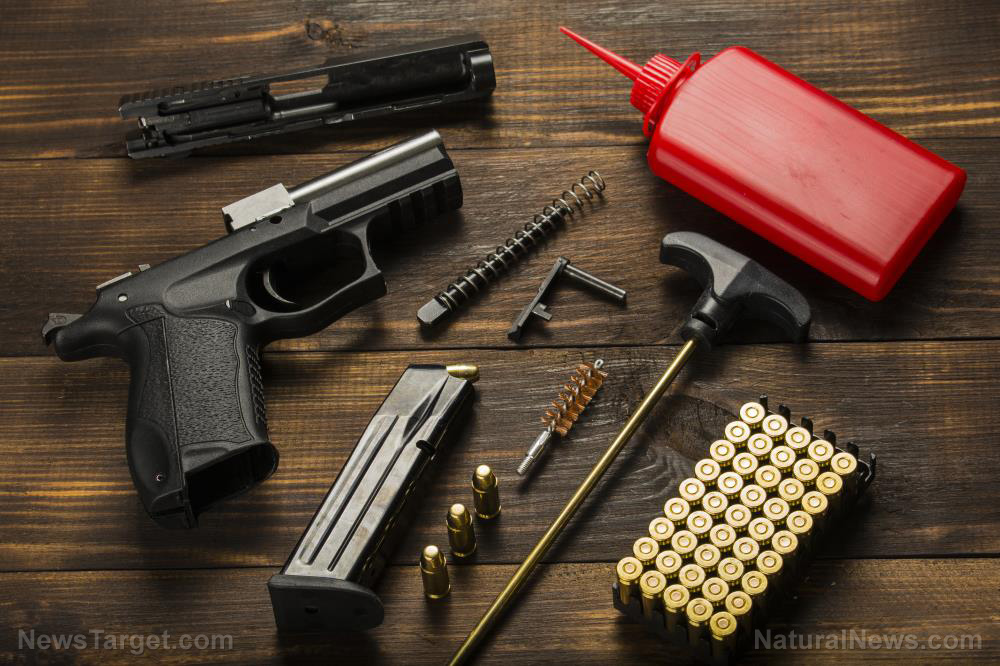Don’t let fear stop you: How to prep without succumbing to your worries
10/12/2020 / By Arsenio Toledo

When people first get into prepping, many say they did it because of their fear – fear of not being able to respond to the unknown, fear of not being able to deal with an emergency or a natural disaster. However, as soon as these new preppers start getting into the nitty-gritty of preparedness, the constant state of fear can become overwhelming.
In some cases, the overwhelming fear forces them to give up prepping as a lifestyle. Fortunately, there are ways to continue prepping without giving in to your worries.
Learn how to de-stress
Lowering your stress levels is perhaps the simplest way to continue prepping without letting fear take over. There are a variety of things you can do to keep your stress levels low.
One of the things you can try is to set reasonable goals for yourself. Instead of aiming to fill up your storage with a year’s worth of food, start small with just a week’s worth, and then another week and so on. Slowly building up to your ultimate goal will help lessen the amount of stress you feel regularly.
Other things you can do to de-stress include temporarily turning off the media so you don’t get saturated with negative news or learning emergency conditioning, – the technique of making unknown situations feel familiar. Figure out what activity or technique helps you de-stress, and practice it.
Establish a “fear budget”
A “fear budget” is a way for you to categorize what threats you are most likely to encounter. If you live in a flood-prone area, for example, your fear budget would put storms at the top and wildfires at the bottom. If you live in California or Oregon, wildfires might be at the top, followed by earthquakes and then flooding at the bottom.
Once you’ve ranked which threats you consider to be the most important in your fear budget, you will be able to prepare for them as much as you need. If tornadoes are your worst fear, do everything you can to be ready for them. Once you’ made preparations for tornadoes, you can move down your list. (Related: What is a preparedness audit and why do you need one?)
Understand that your preps are there to help you buy time
No prep is meant to last forever. What they are meant to do is help you buy more time which you can then spend rebuilding your homestead, growing and scavenging more food or bugging out to safety.
Above all, these well-thought-out preps are supposed to help you not be overcome by fear during a disaster. A good prep will give your mind enough freedom to assess your situation after SHTF. This will allow you to think rationally and decide whether you want to hunker down, run to a bug-out location or wait out a disaster.
Just knowing that you have a few days’ worth of preps to back you up can give you enough time to craft a good plan for getting through emergencies.
Recognize your human nature
It is in your nature to be afraid. Recognizing that fear is part of being human will prevent it from overwhelming you. The important thing to understand is the rational part of your brain has to be louder than the emotional part and it has to keep reminding you to not be complacent.
That being said, it isn’t complacency to feel comforted by your achievements. Knowing that your fear is being controlled by the fact that you’ve got two weeks’ worth of preps is a great feeling to have. If used properly this sense of achievement can help you build on your success to expand your preps to give you four or six weeks’ worth of stores, and so on.
Having a healthy amount of fear can be a good thing, especially if it can push you to be a better prepper. Just make sure to not let the weight of all your fear make you incapable of preparing for disasters.
Sources include:
Tagged Under: bug out, disaster preparedness, disaster survival, emergency preparedness, emergency survival, Fear, fear prepping, mental health, prepper, prepping, SHTF, survival, survivalist, tips
RECENT NEWS & ARTICLES
COPYRIGHT © 2017 PREPAREDNESS NEWS


